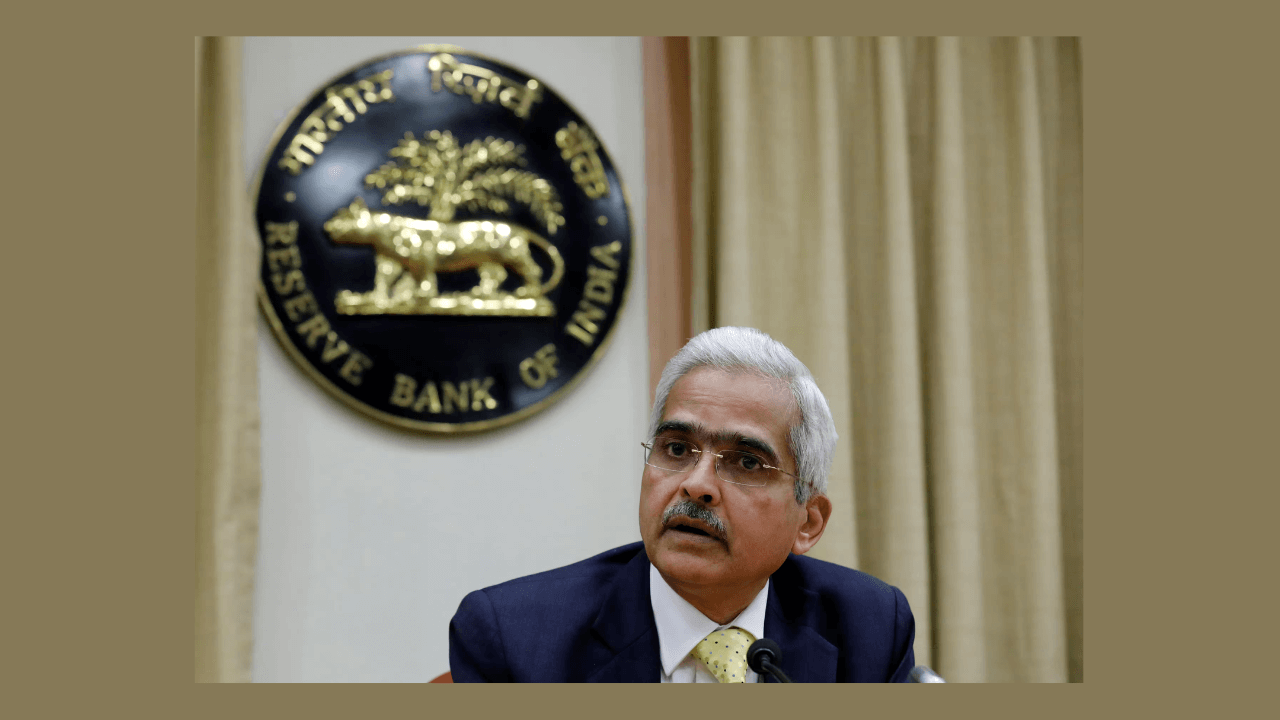On 28th June, the Reserve Bank released the 27th issue of the Financial Stability Report (FSR), providing insights into the risks to financial stability and the resilience of the Indian financial system. The report reflects the collective assessment of the Sub-Committee of the Financial Stability and Development Council (FSDC). Despite global uncertainties, the Indian economy and the domestic financial system continue to display resilience, supported by robust macroeconomic fundamentals.
Global Economic Environment:
Amidst banking system fragility in certain countries, geopolitical tensions, and moderating but elevated inflation, the global economy faces heightened uncertainty. These factors contribute to a challenging global economic landscape.
The Resilience of the Indian Economy:
In contrast to the global headwinds, the Indian economy remains resilient, driven by favorable macroeconomic fundamentals. The economy exhibits continuing growth momentum, moderating inflation, narrowing current account deficit, rising foreign exchange reserves, ongoing fiscal consolidation, and a robust financial system. These factors set the stage for sustained growth.
Healthy Balance Sheets and Prospects:
Healthy balance sheets of banks and corporates pave the way for a new credit and investment cycle, bringing optimism to the Indian economy. Banks have witnessed a historically high capital-to-risk-weighted assets ratio (CRAR) of 17.1% and a common equity tier 1 (CET1) ratio of 13.9% in March 2023. Additionally, the gross non-performing assets (GNPA) ratio reached a 10-year low of 3.9% in March 2023, while the net non-performing assets (NNPA) ratio declined to 1.0%.
Stress Tests and Capital Requirements:
Macro stress tests conducted for credit risk indicate that scheduled commercial banks (SCBs) would meet the minimum capital requirements even under severe stress scenarios. The system-level CRAR projections for March 2024, under baseline, medium, and severe stress scenarios, are estimated at 16.1%, 14.7%, and 13.3% respectively. These results reflect the resilience of SCBs in navigating challenging situations.
Conclusion:
The release of the 27th Financial Stability Report by the Reserve Bank underscores the resilience of the Indian economy and the strength of the domestic financial system. Despite global uncertainties, India’s robust macroeconomic fundamentals, healthy balance sheets of banks, and positive investment prospects contribute to sustained growth. The report’s findings provide valuable insights into the stability and resilience of the Indian financial system, fostering confidence in its future prospects.
- 3 August Current Affairs 2023 in English
- MoU Between Subroto Mukerjee Sports and Education Society and All India Football Federation (AIFF) to Promote Football at Grassroot Level
- Dr. Mansukh Mandaviya Delivers Keynote Address at the 13th Indian Organ Donation Day ceremony
- Education Ministry Forms Expert Panel on Anti-Discrimination in Higher Education
- Concerns Arise Over Cheetah Deaths at Kuno National Park
